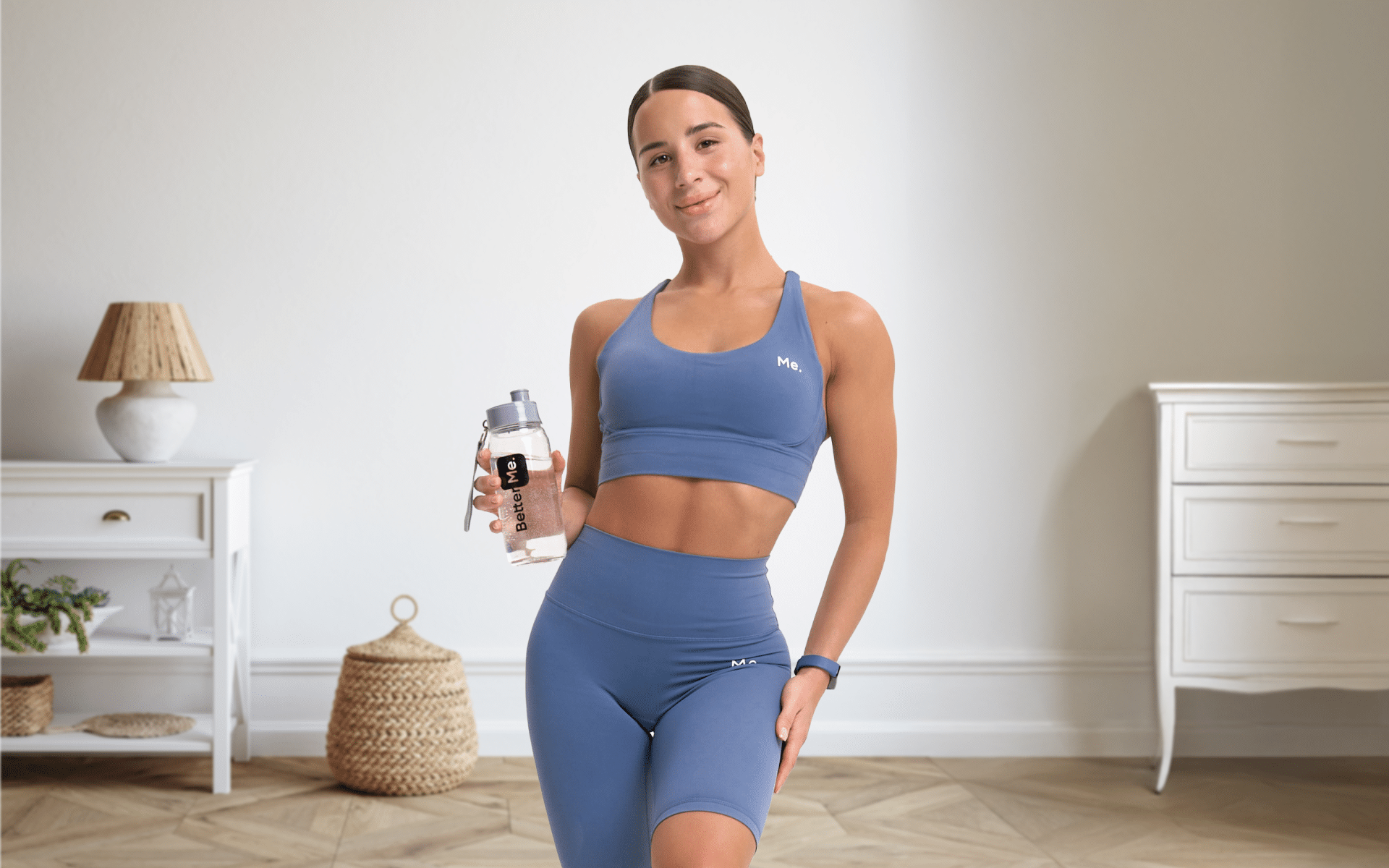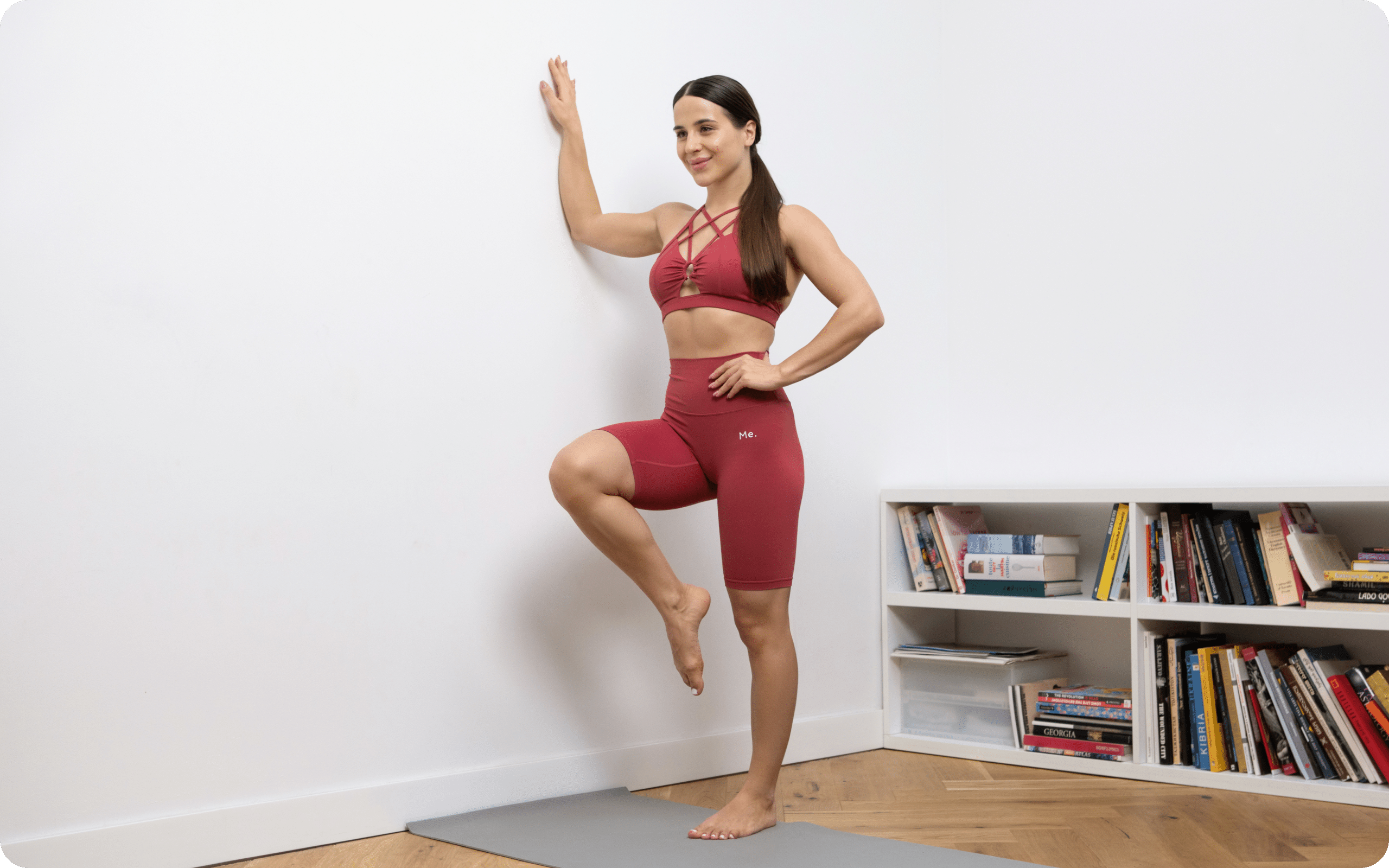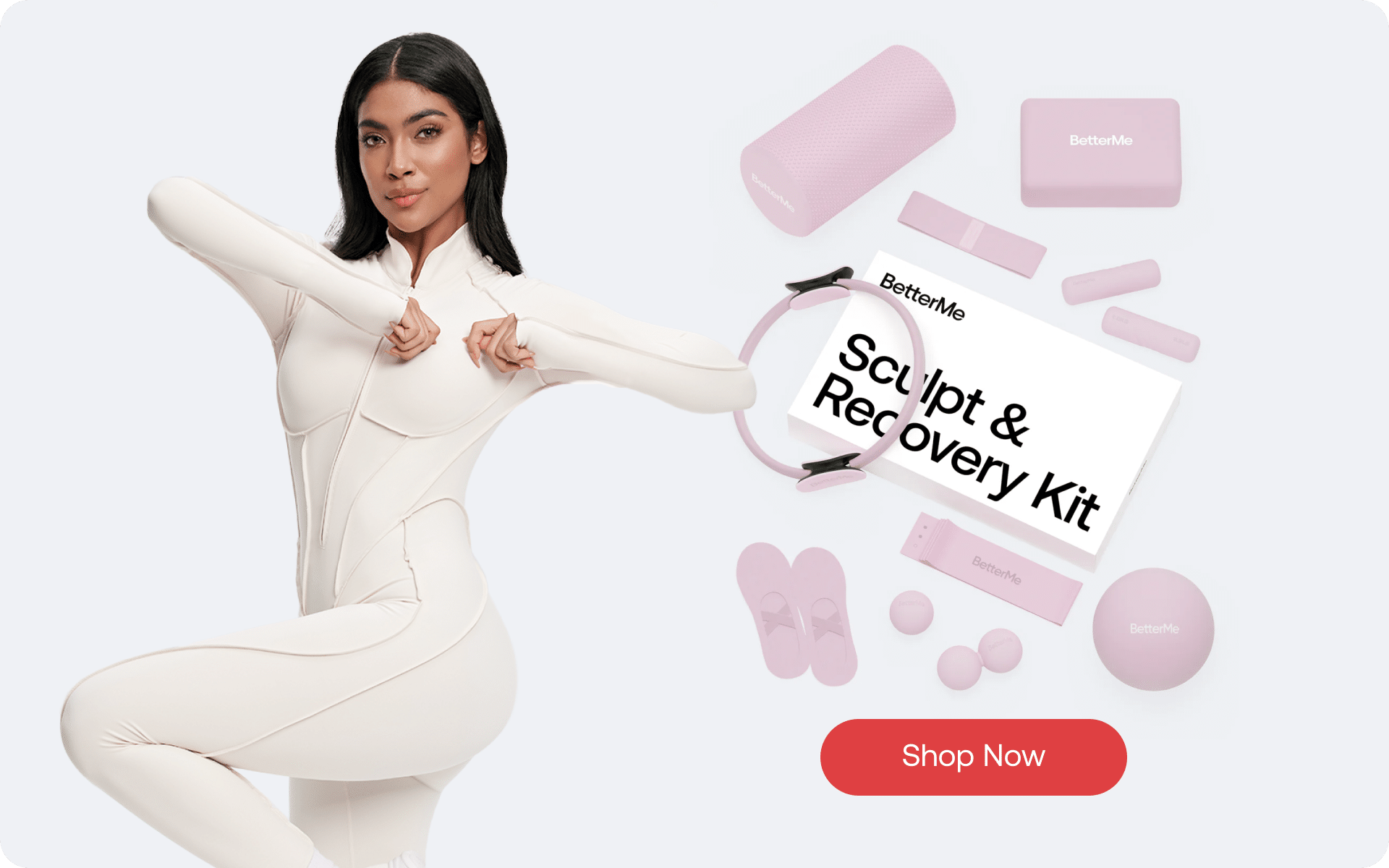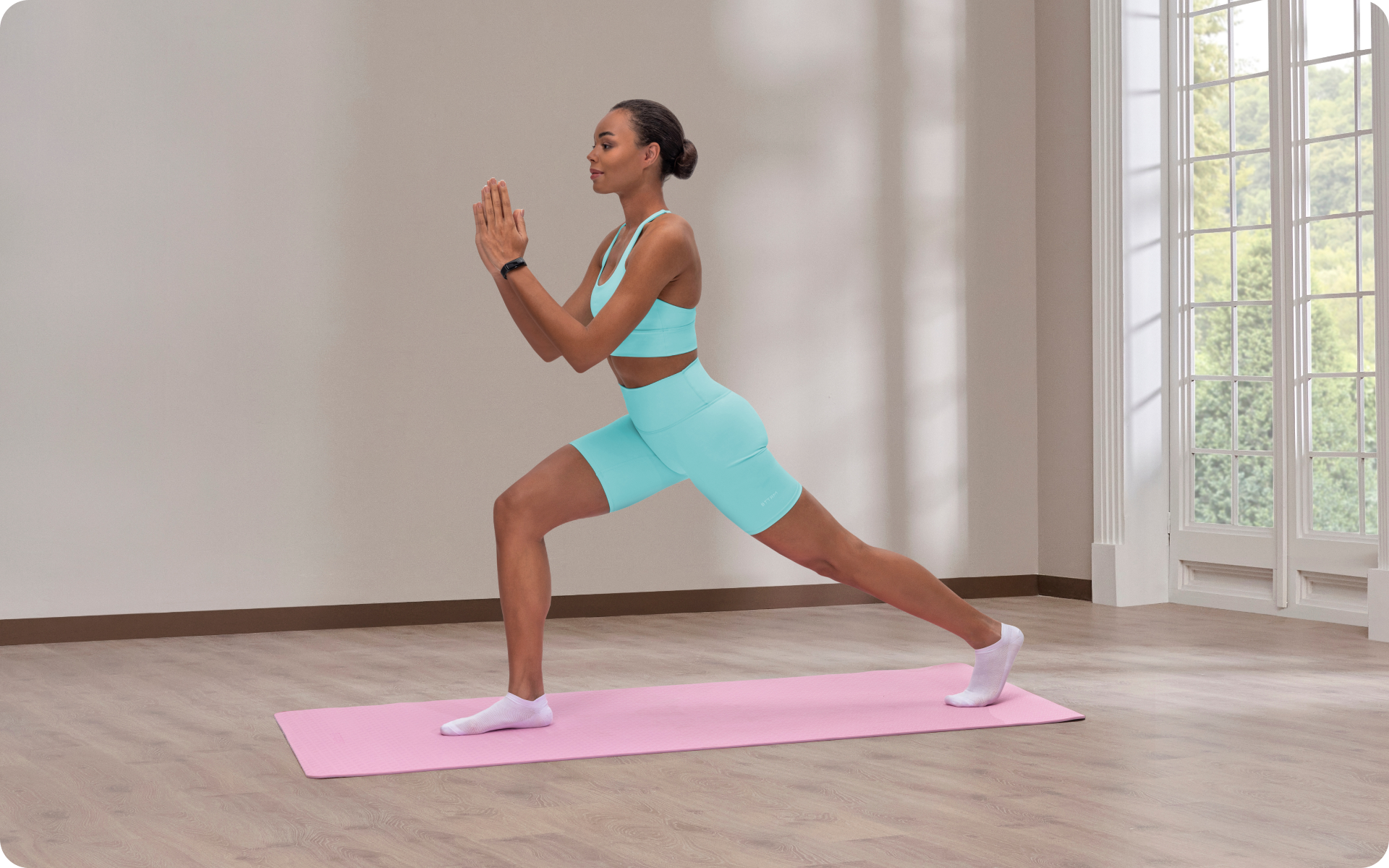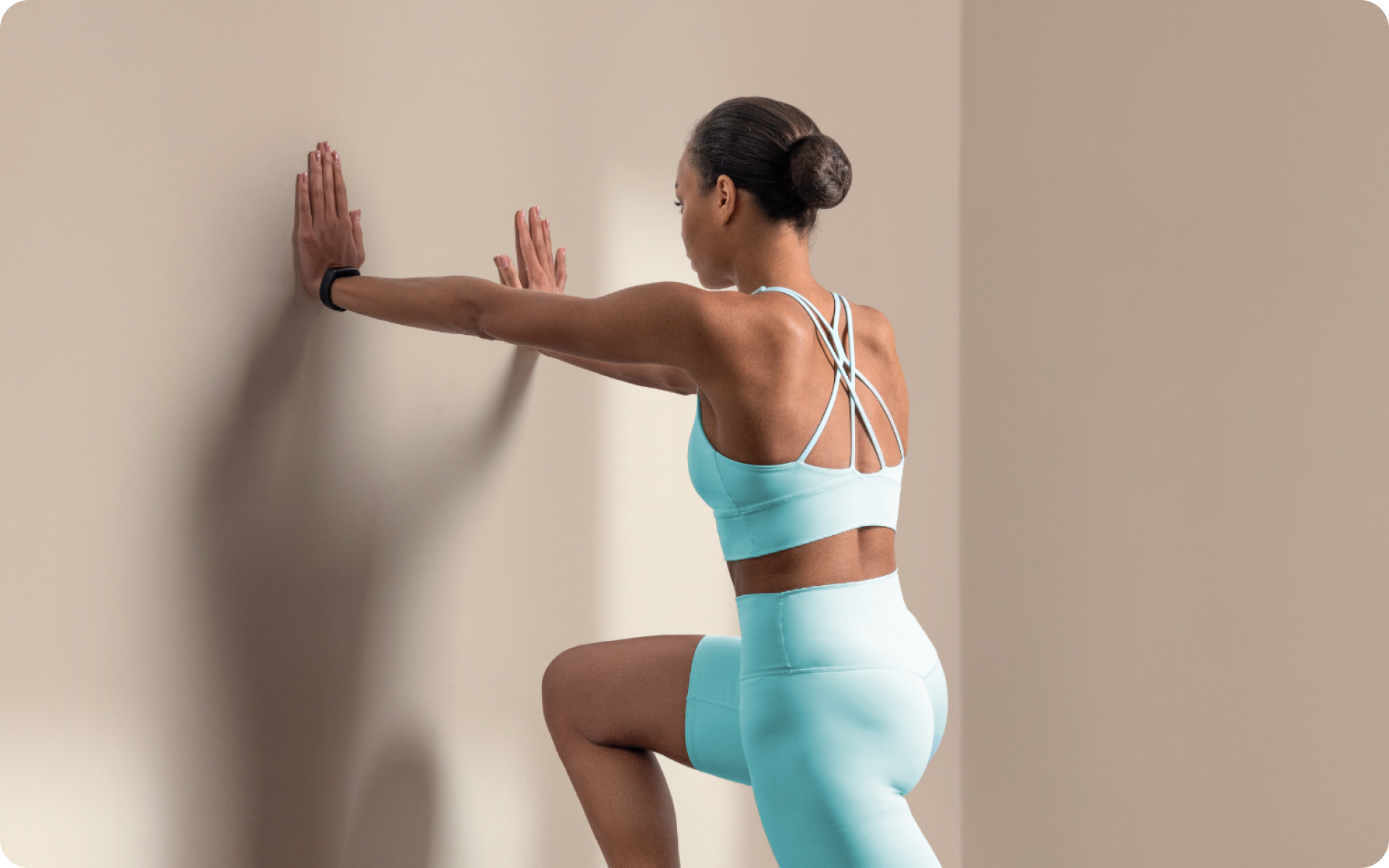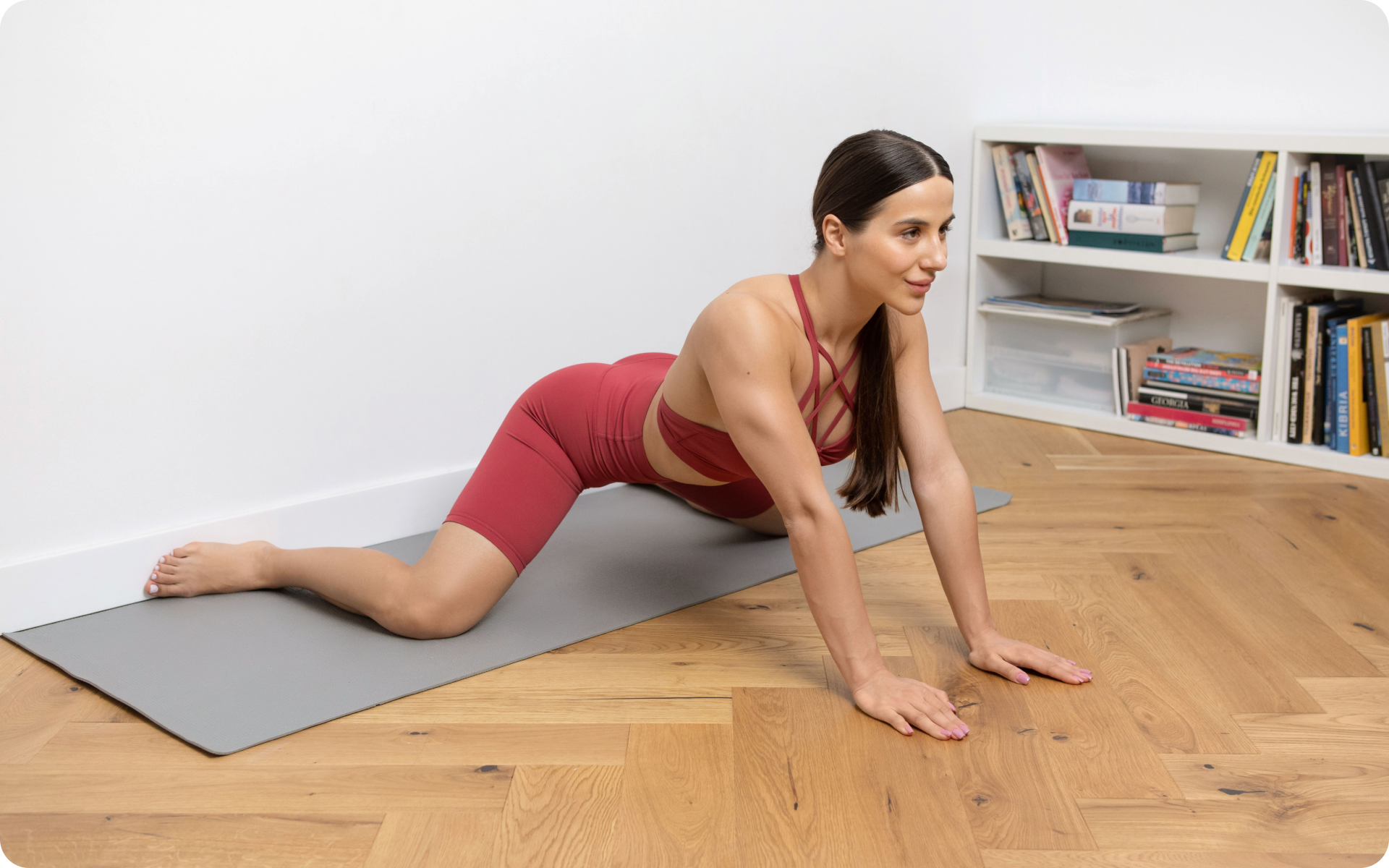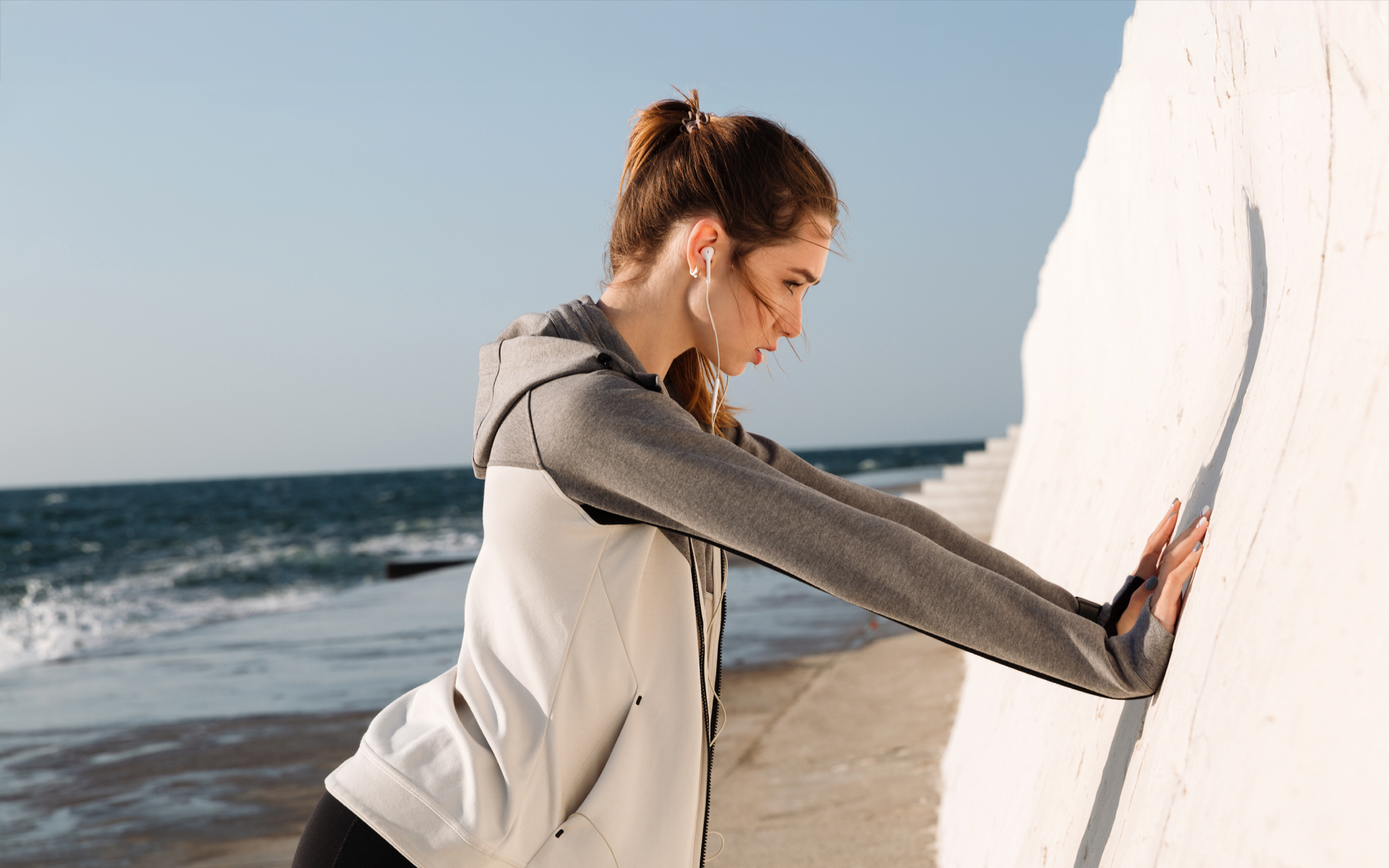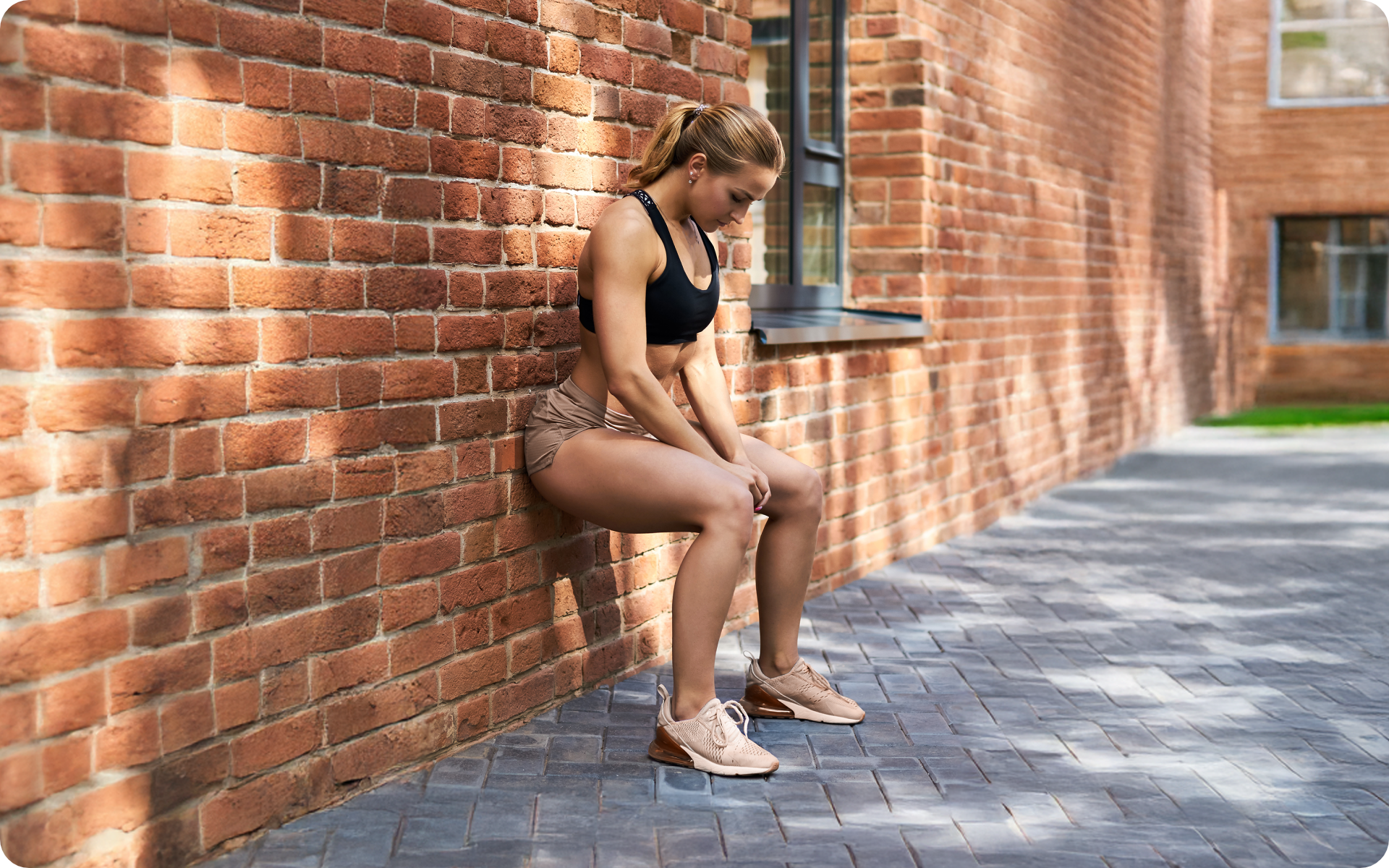Designed specifically with seniors in mind, this 21-Day Wall Pilates Workouts for Seniors is the perfect way to get started with your Pilates practice. This program offers low-impact and gentle Pilates movements that are tailored to meet all your strength, balance, and flexibility needs.
Here’s what you need to know:
What Is The 21-Day Pilates Wall Workout Challenge For Seniors?
The 21-day Wall Pilates workout challenge is a comprehensive exercise routine, specifically for seniors, designed to be performed with the help of a sturdy wall.
Unlike traditional Pilates exercises, which are often performed on a mat, this workout makes use of a solid wall in order to add additional support and enable seniors to perform exercises that they might not otherwise be able to do.
The Wall Pilates for Seniors consists of a series of exercises that are designed to work the entire body, with a particular focus on the core muscles, arms, legs, and back. Each exercise is performed for a set amount of time or number of repetitions, with short breaks in between to allow you to catch your breath.
Is Wall Pilates Good For Seniors?
Yes, it is. Here are some of the reasons why Wall Pilates is a great choice of exercise for seniors (1):
- A low-impact workout that’s easier on your joints and reduces the risk of injury. This is particularly important for seniors, who are often susceptible to joint pain and other related issues.
- The controlled movements and breathing techniques used can help you stretch and lengthen your muscles, making them more flexible over time. This can help prevent injury and improve balance.
- The exercises used in Wall Pilates for Seniors are designed to work your entire core which is essential for maintaining good posture and preventing back pain.
- Wall Pilates can help improve your balance and coordination, which can lower the risk of falls. Better balance also allows you to perform everyday activities with ease and stay independent for longer.
- Whether you’re a beginner or an experienced athlete, you can tailor Wall Pilates to fit your specific needs and fitness goals.
Is Pilates Good For A 70-Year-Old Woman?
At 70, you might be wondering if it’s safe and beneficial to start a Pilates routine. The fact is, Pilates can be an excellent exercise choice for seniors of all ages, including 70-year-old women!
This low-impact form of exercise can help improve flexibility, build strength, and enhance balance and coordination (2). However, as with any type of exercise, it’s important to talk to your doctor and get clearance before starting any new workout routine.
Read More: Wall Pilates For Belly Fat: 5 Reasons Why You Should Try It
How Often Should Seniors Do Pilates?
As with any exercise routine, the frequency of your Pilates workouts will depend on your fitness level and individual goals. However, most experts recommend doing Wall Pilates at least 2-3 times a week to see the best results.
What Is The Best Wall Pilates Workout?
The best wall Pilates workout is the workout that you enjoy the most and can stick with for the long run. Beginners should look for workouts that focus on the basics, such as proper form, breathing techniques, and movements to help them get comfortable with the exercises. As your fitness level improves, you can progress to more challenging routines.
In the 21-day Pilates wall workout for seniors, you will find a comprehensive series of exercises that have been designed to work your entire body, with emphasis on the arms, legs, core, and back. This means you can get a complete and balanced workout that challenges you in a fun and enjoyable way.
The Bottom Line: Is The Pilates Wall Workout Worth It?
Absolutely! The 21-day Pilates wall workout challenge is the perfect exercise routine for seniors looking to improve their overall health and wellness. With its low-impact movements, focus on building strength and flexibility, and added support from the wall, this workout is easy on the joints and accessible for individuals of all abilities.
DISCLAIMER:
This article is intended for general informational purposes only and does not serve to address individual circumstances. It is not a substitute for professional advice or help and should not be relied on for making any kind of decision-making. Any action taken as a direct or indirect result of the information in this article is entirely at your own risk and is your sole responsibility.
BetterMe, its content staff, and its medical advisors accept no responsibility for inaccuracies, errors, misstatements, inconsistencies, or omissions and specifically disclaim any liability, loss or risk, personal, professional or otherwise, which may be incurred as a consequence, directly or indirectly, of the use and/or application of any content.
You should always seek the advice of your physician or other qualified health provider with any questions you may have regarding a medical condition or your specific situation. Never disregard professional medical advice or delay seeking it because of BetterMe content. If you suspect or think you may have a medical emergency, call your doctor.
